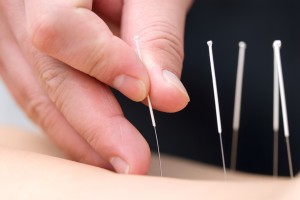Water can be a very powerful tool for healing that is often underestimated. As Naturopathic Doctors, we use water therapy, called hydrotherapy, which involves applying different methods of water to the body to promote healing. This might involve alternating hot and cold water applications to an area, or even using a sauna to nourish our bodies. Hydrotherapy has an added benefit of being inexpensive, because most of the time it is just a matter of applying water to an area. Though it is just water, some of the treatments may not be good for certain patient populations based on its effect and pre-existing medical conditions. Therefore, it is best to consult with your Naturopathic Doctor before trying any hydrotherapy treatments on your own.
What does it cause in the body?
Overall, various hydrotherapy treatments can be used to cause the following effects in the body:
- Reduce pain
- Increase circulation
- Promote detoxification
- Promote healing of organs/tissues
- Stimulate brain function
- Relieve fatigue
- Boost Immune system functioning
- Promote digestion
- Increase metabolism
- Relieve congestion
- Relieve coughs
- Promotes relaxation
What are the different conditions it can help with?
Hydrotherapy can be used to help many different conditions including:
- Digestive concerns such as constipation, diarrhea, indigestion, fatty liver, colic, tenesmus, etc.
- Menstrual concerns such as irregular cycles, premenstrual tension, cramping (dysmenorrhea), etc.
- Musculoskeletal concerns such as joint pain, muscle pain, muscle tears, ligament instability, etc.
- Respiratory concerns such as the effects of allergies, congestion, coughs, frequent colds and flues, compromised immune systems etc.
- Many other concerns such as weight loss goals, fatigue, detoxification and improving overall health.
For more information on hydrotherapy or the services I provide, consider calling the clinic at 519-537-7058, or message me via the contact portion of this website.
Have you benefited from reading this blog? Know someone that would benefit as well? Share, Like, Comment, or Tweet this article, and let me know what you think.
Some of the information provided above may not be appropriate for everyone, please consult with your doctor before trying any of the above. If you are interested in Naturopathic Medicine and wanting a different approach to your health care needs, contact Dr. Elisha Cook ND by calling 519-537-7058 and book your appointment today!



